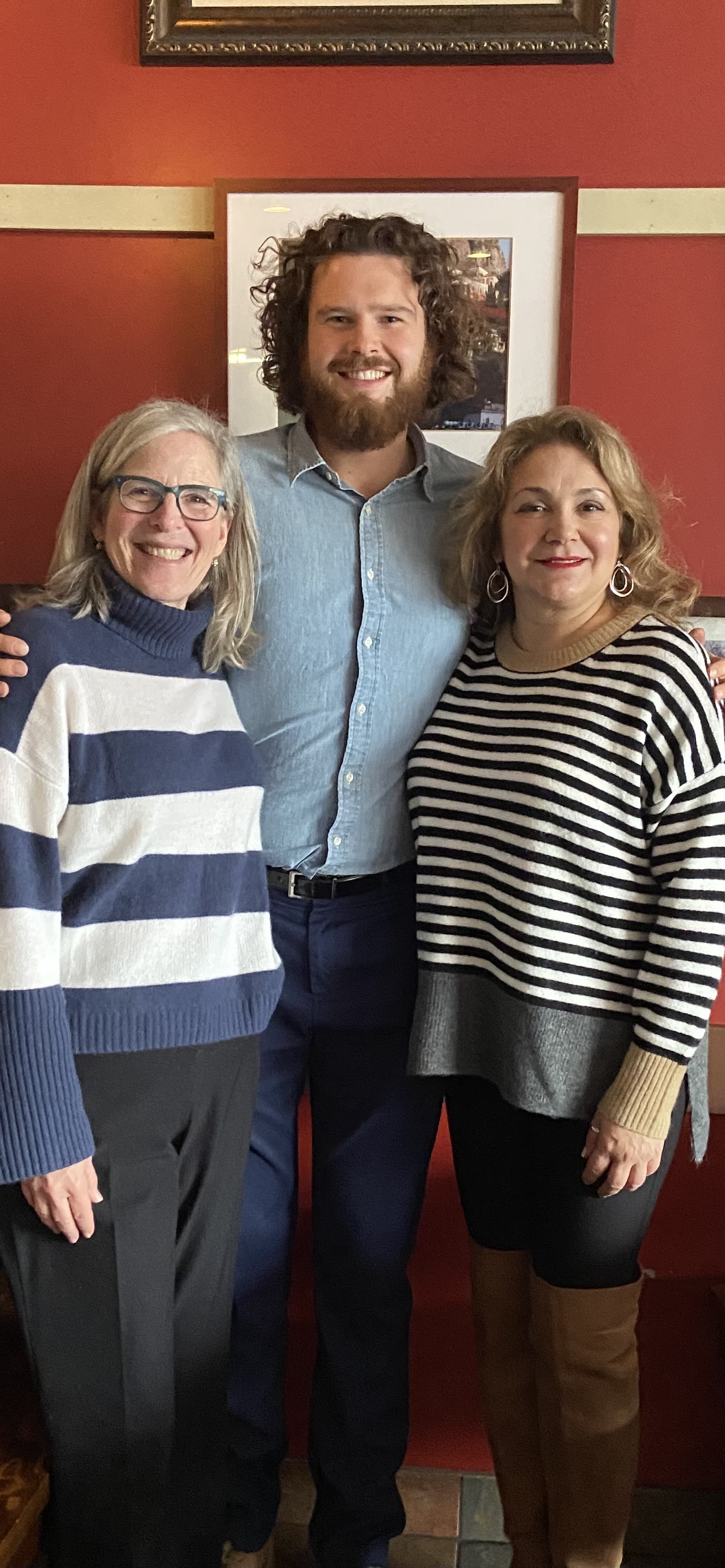
A long-standing tenancy dispute was resolved through mediation facilitated by Loyola’s Center for Conflict Resolution (LCCR) at LMU Loyola Law School. For over 30 years, LCCR has played a vital role in resolving conflicts outside of court, saving parties money and time-consuming litigation. The tenancy dispute involved a tenant who had lived in her rental home with her adult son under a verbal lease agreement for 31 years.
In 2022, the property was purchased by a new landlord who filed an unlawful detainer action to evict the family and move into the home himself. In response, the tenant and her son countersued, seeking $300,000 in damages for alleged breaches of the lease agreement, citing persistent health, safety, and habitability issues under the previous owner. At the time of mediation, the tenant and her son continued to live in the main house, while the landlord occupied a small, 200-square-foot bachelor unit attached to the property.
Over the course of two full-day mediation sessions, the parties worked to clarify miscommunication, address misunderstandings, and build trust. With guidance from mediators Janet Sacks Grundfest ’89 and clinical student Andrew White ’25, the parties reached an agreement that laid the groundwork for a mutually beneficial resolution.
The resolution included a new written lease agreement allowing the landlord to reduce the size of the main house to expand the bachelor unit into a one-bedroom apartment where he would reside. In return, the tenants secured improvements to their home, including a new kitchen and laundry area, built-in closets, a new side door, and a fenced-in front yard.
The tenant, who had been paying $730 in monthly rent, was guaranteed lifetime tenancy or the right to voluntarily vacate. The mother and the landlord agreed to a new lease with the rent set at an affordable rate for the mother. Upon the mother’s departure, the son and landlord will negotiate a new lease. Should negotiations fail, the landlord committed to providing the son with relocation assistance, treating him as a tenant under the law.
Both parties also agreed to dismiss their legal complaints with prejudice, signaling an end to their contentious litigation.
Reflecting on his clinical experience at LCCR, White highlighted the critical role of empathy and active listening in the mediation process. “Listening deeply and making parties feel heard is crucial in resolving disputes, whether in mediation or a courtroom,” White said. “This approach builds trust and facilitates conversations about the difficult emotions that can impede resolution. By focusing on shared interests as neighbors, my supervisor and I guided the parties toward a resolution.”
To learn more about the Loyola Center for Conflict Resolution, please visit here.